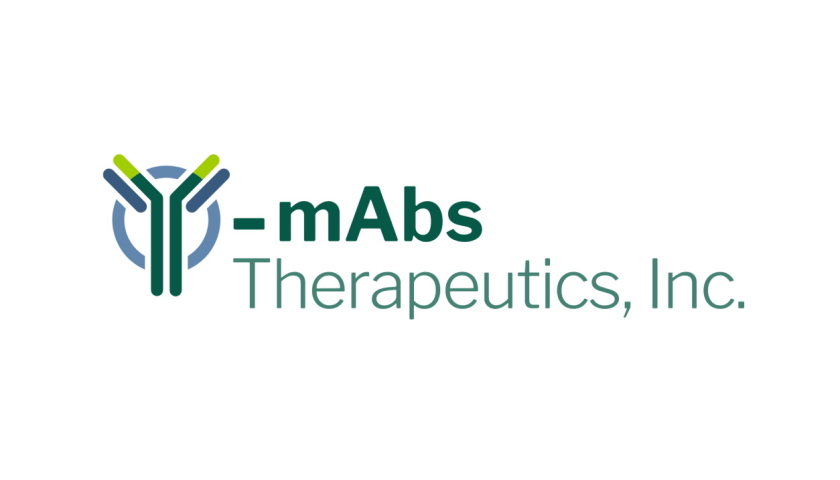Y-mAbs claims FDA OK for neuroblastoma drug Danyelza

Y-mAbs Therapeutics has claimed its first product approval, getting a green light from the FDA for Danyelza for the rare cancer neuroblastoma.
Danyelza (naxitamab) is an antibody that targets GD2, a protein found on the surface of some tumour cells, and it has been cleared by the US regulator for use alongside GM-CSF – a cytokine drug – as a second-line neuroblastoma treatment after a priority review.
The drug can be used in in children aged over one and adults with relapsed or refractory high-risk neuroblastoma in the bone or bone marrow, who have had a partial response, minor response, or stable disease on prior treatment.
Before now there was no approved treatment for these patients in the US. Y-mAbs has previously said it thinks there are around 300 children a year in the US who fall into this category.
Danyelza is one of two drugs for neuroblastoma that Y-mAbs has been pushing through late-stage development, but the biotech suffered a setback with its other candidate – B7-H3-targeting omburtamab – after the FDA refused to accept its marketing application last month.
Neuroblastoma underpins the R&D effort at Y-mAbs, which was set up by Thomas Gad after his daughter was treated for neuroblastoma at Memorial Sloan-Kettering Cancer Centre in the US. Both the antibodies stem from research carried out at the institution.
“It’s very exciting to see this treatment go from being an experimental therapy used at my daughter’s bedside to now being FDA approved,” said Gad, who is chairman and president of Y-mAbs.
“I want to thank all the patients and physicians who took part in our clinical trials and our scientific partner, Memorial Sloan Kettering, for helping us achieve this goal.”
Neuroblastoma is a cancer of nerve tissue that usually occurs in children and arises in the nervous system, outside the brain, although aggressive forms can spread quickly to the central nervous system as well as the bone and bone marrow.
Danyelza has been granted accelerated approval by the FDA on the strength of two open-label phase 2 studies. The first – study 201 – included 22 patients and showed an overall response rate of 45% with the antibody/GM-CSF combination, with 30% of responders seeing a benefit that lasted for at least six months.
The second, 38-patient trial (Study 12-230) had an overall response rate of 34%, with 23% of subjects having a response duration of six months or more. Progression-free survival and overall survival are secondary endpoints in long-term follow-up, with the data not yet available.
Y-mAbs said last month it is expecting to resubmit omburtamab for approval to the FDA in late 2020 or early 2021, and will also start clinical trials of a next-generation version of the drug before year-end in neuroblastoma as well as B7-H3-positive leptomeningeal tumours.
With Danyelza now approved as a second-line therapy, Y-mAbs’ aim is now to talk to the FDA about what would be needed to advance the antibody into front-line treatment, according to the company’s chief executive Claus Møller.
Two single-centre studies in previously-untreated neuroblastoma patients are already underway, with preliminary data from one available and the other due shortly. And combination trials with chemotherapy are also planned.












